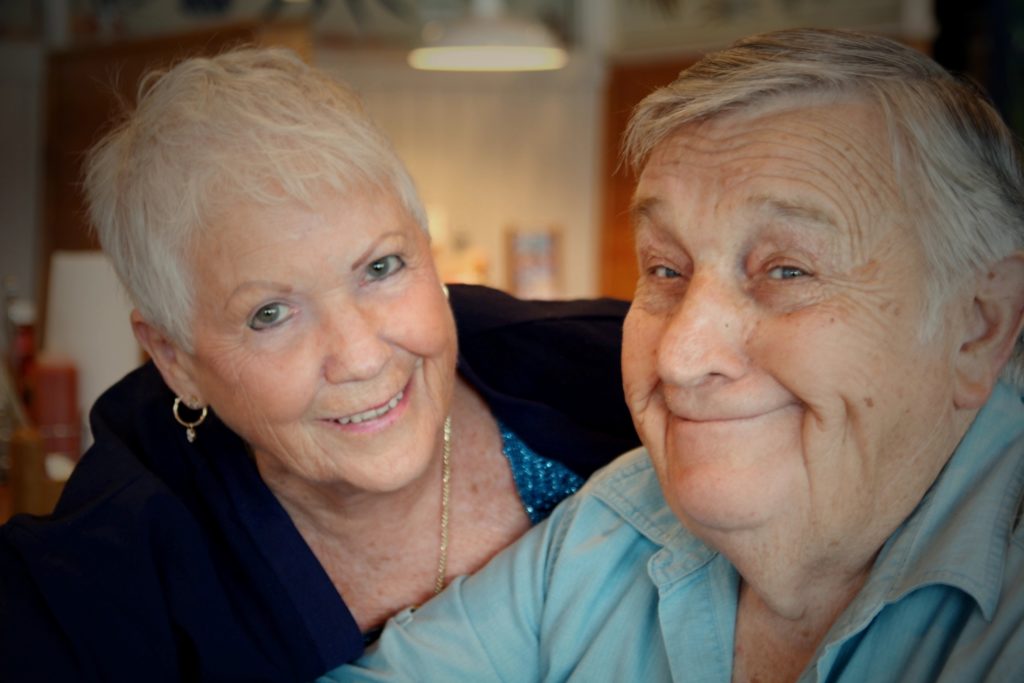Quick Hits
Daily brief research updates from the cognitive sciences

The good ‘ole days, eh! There is some evidence to suggest that we always view the past though rose-tinted glasses – feeling that the past was somehow better than the present. However, research just out has shown that that doesn’t seem to be the case.
Research by Alberto Prati, Claudia Senik for the Association of Psychological Science has shown that current feelings impact our view of the past. To do this they have assessed data from different longitudinal studies into how happy people feel over time. These include a German study over 10 years of 11’000+ participants, a British study over 12 years of 20’000+ participants, a French study of over 18’000 participants, and about 4’000 results from the USA over a period of 35 years.
What did they find?
What they found is that there seem to be some mix up between current ratings and change in happiness over time. This in contrast to the past is better hypotheses. This showed that those who felt happy now rate their past happiness as lower than it actually was. It seems that feeling happy now suggests an improvement or a contrast to the past and so the past must have been less good.
In contrast the opposite happened with those with current lower happiness – they rated their past happiness as higher than it actually was.
This shows that our past memories are influenced by our current states. Prati and Senik plan to further research how memories impact current life decisions – that will be interesting to see. I also wonder how this influences political climate!

Andy Habermacher
Andy is author of leading brains Review, Neuroleadership, and multiple other books. He has been intensively involved in writing and research into neuroleadership and is considered one of Europe’s leading experts. He is also a well-known public speaker, speaking on the brain and human behaviour.
Andy is also a masters athlete (middle distance running) and competes regularly at international competitions (and holds a few national records in his age category).
References
Alberto Prati, Claudia Senik.
Feeling Good Is Feeling Better.
Psychological Science, 2022; 33 (11): 1828
DOI: 10.1177/09567976221096158
More Quick Hits
Coffee Makes Business Teams More Effective
Quick HitsDaily brief research updates from the cognitive sciences just couldn’t resist reviewing this piece of research, from a few years ago, after I stumbled across this (likely because some background algorithm had recommended it to me based...
Caffeine Makes You More Prone to Impulsive Buying
Quick HitsDaily brief research updates from the cognitive sciences fascinating piece of research just published shows that drinking coffee makes you more impulsive. That means you are likely to buy more, and more items you actually don’t need....
Healthy Brains Are Hotter Than You Think
Quick HitsDaily brief research updates from the cognitive sciences hen we get sick we get a fever and we all know what our body temperature should be: around 37°C. Too much above that and we have a fever, and too much below and we risk...
Unpredictable Parents Disrupt Brain Circuitry in Children
Quick HitsDaily brief research updates from the cognitive sciences ntuitively we all know that good parenting is essential to kids’ healthy development. We all agree on that. But as soon as we try to define what good parenting is we then enter into...
A New Study on Inter-Brain Synchronisation
Quick HitsDaily brief research updates from the cognitive sciences n case you didn’t know it brain synchronisation (or inter-brain synchronisation) is a thing. And a pretty cool thing. This happens when two, or more, people do similar things...
Unique Social Genes in Human Beings
Quick HitsDaily brief research updates from the cognitive sciences ne differentiating factor with human beings is our pro-sociality. This means we are a social species, and this sociality is seen in our ability to empathise, be socially tolerant,...






